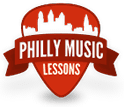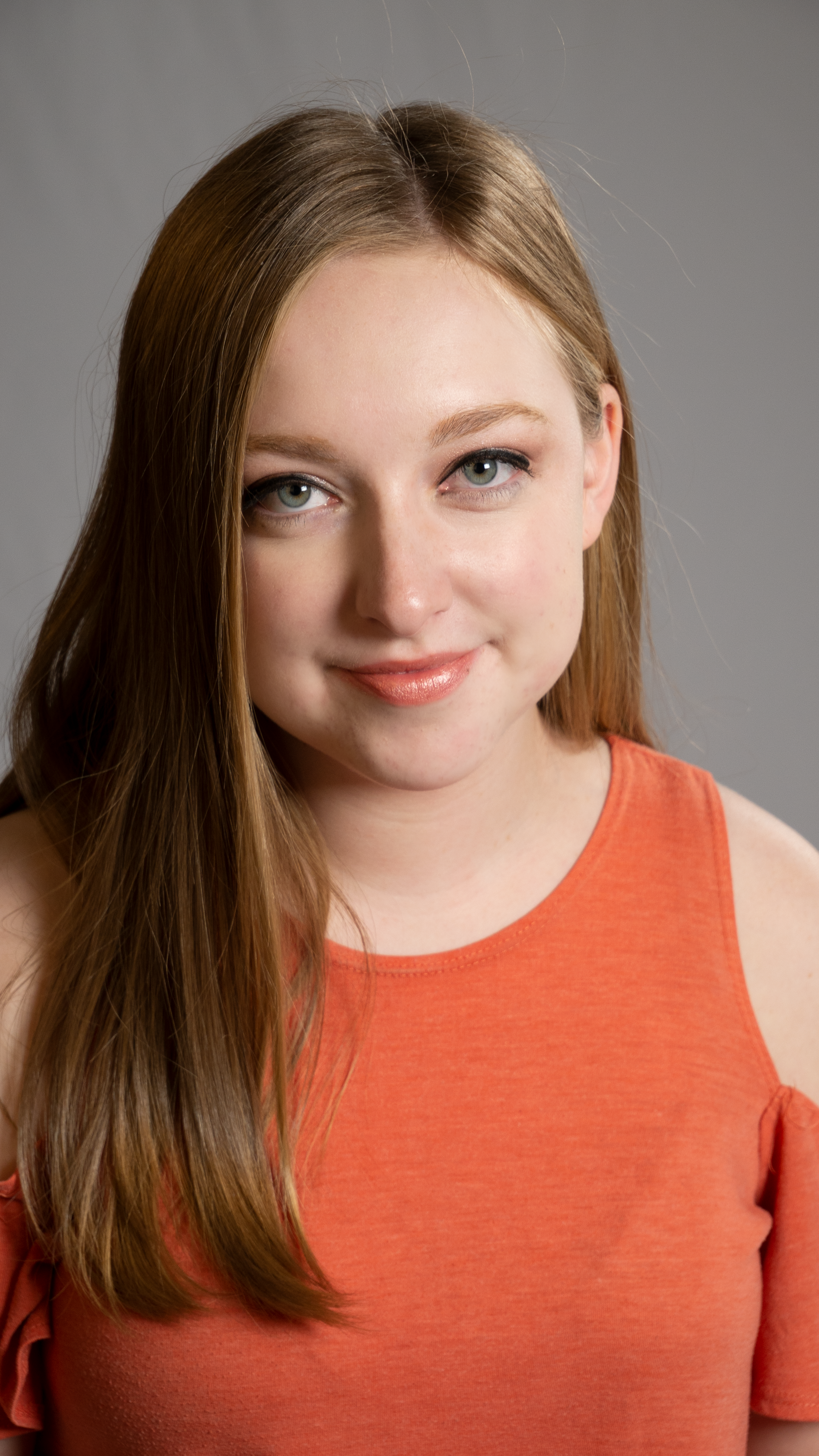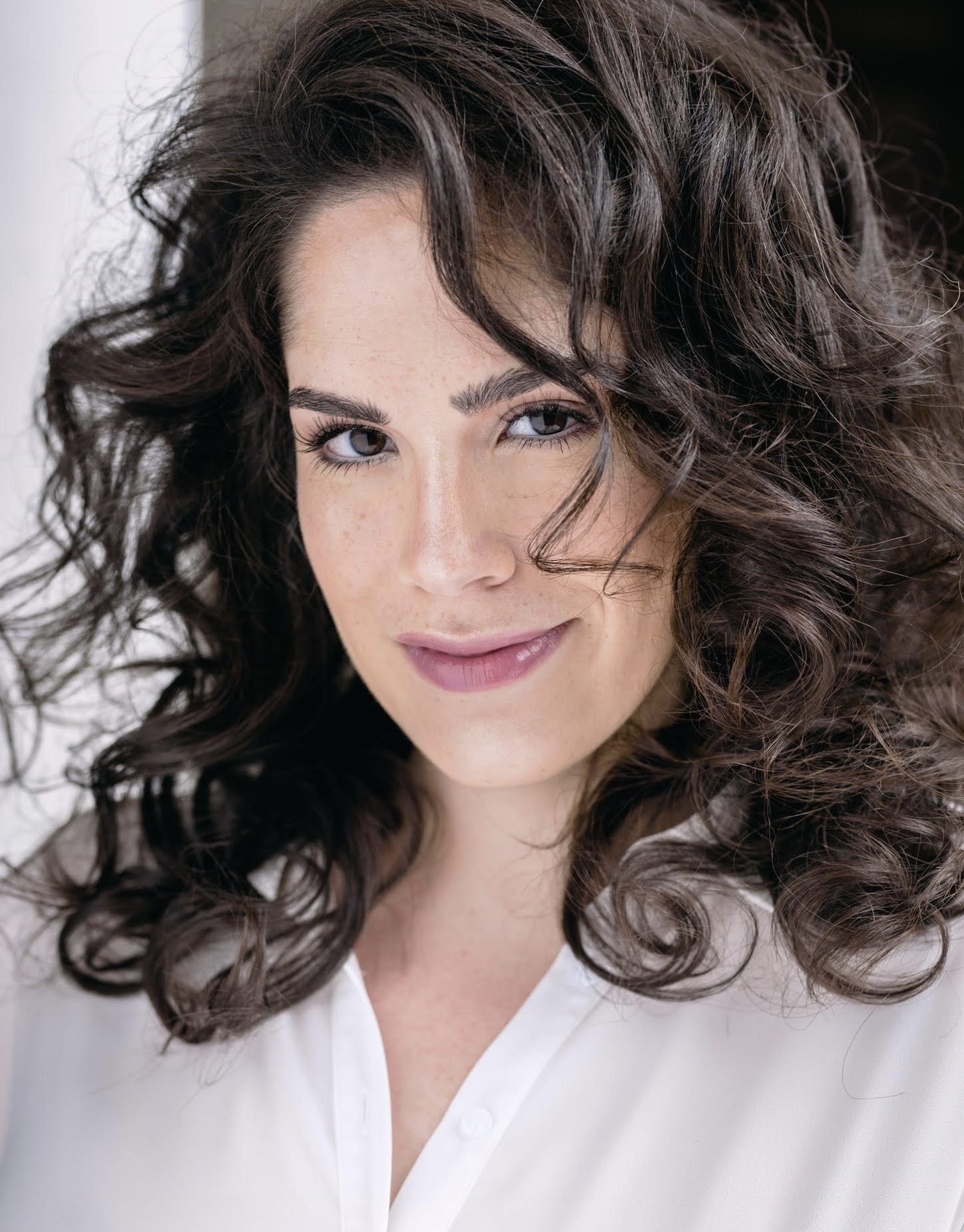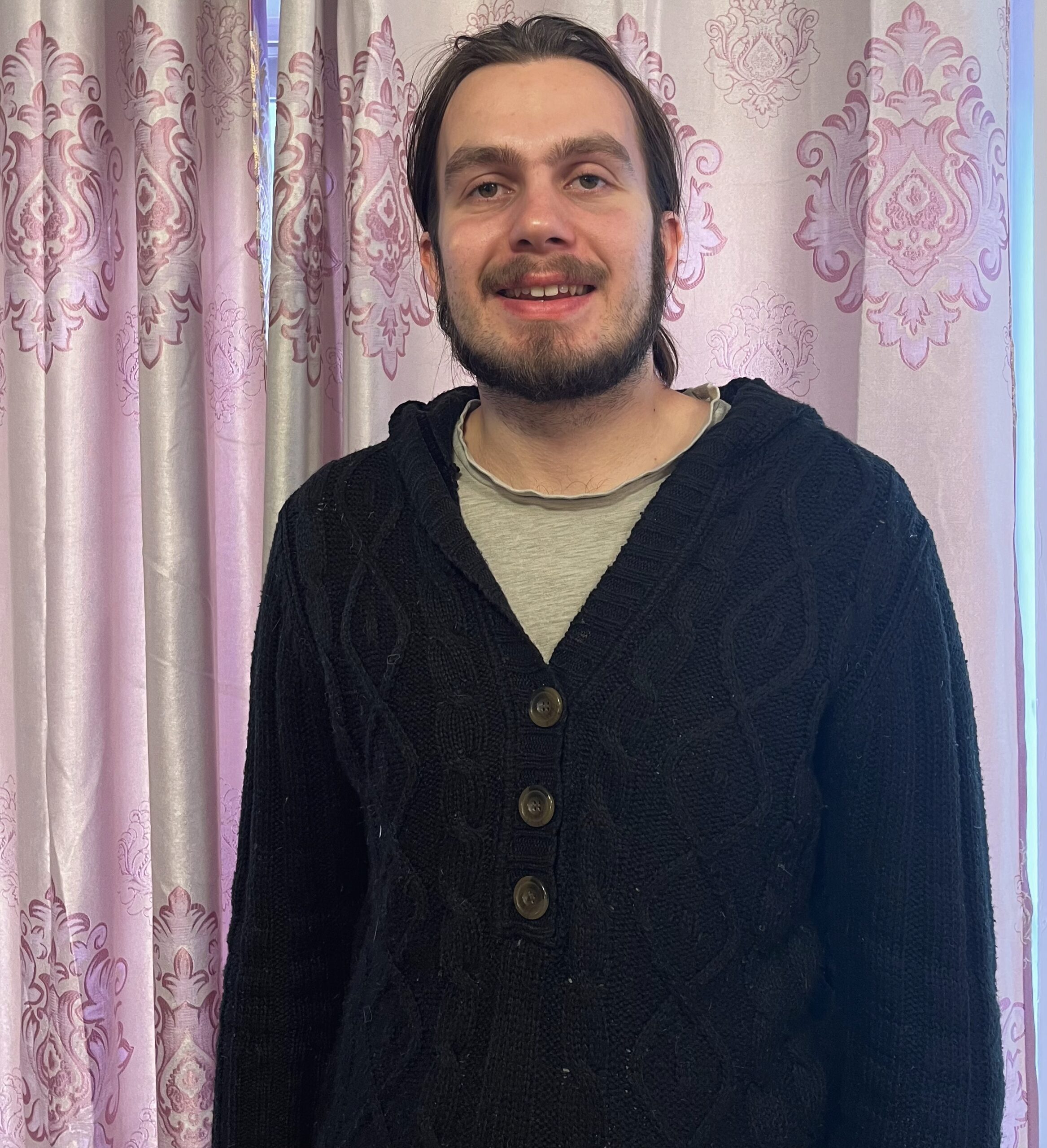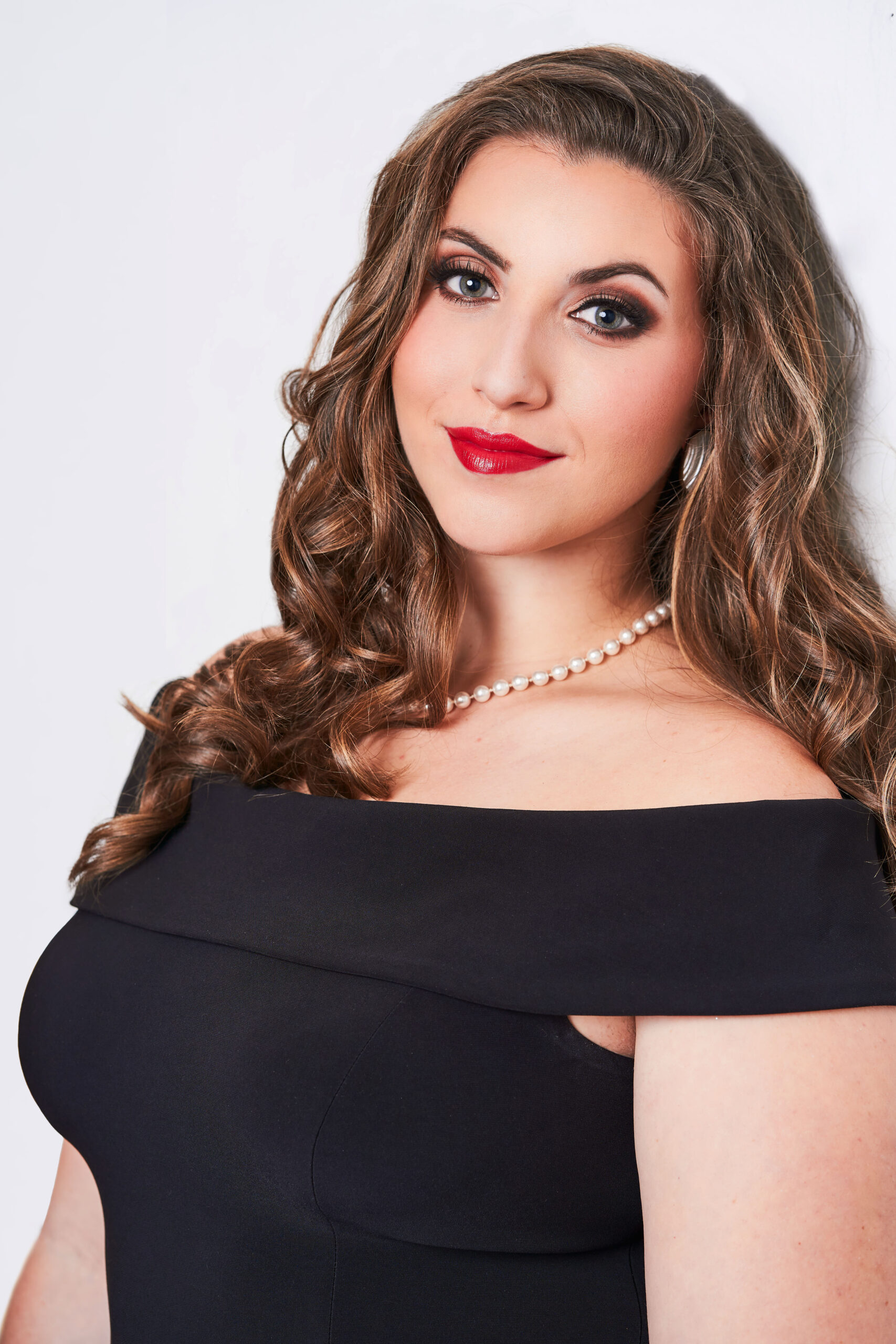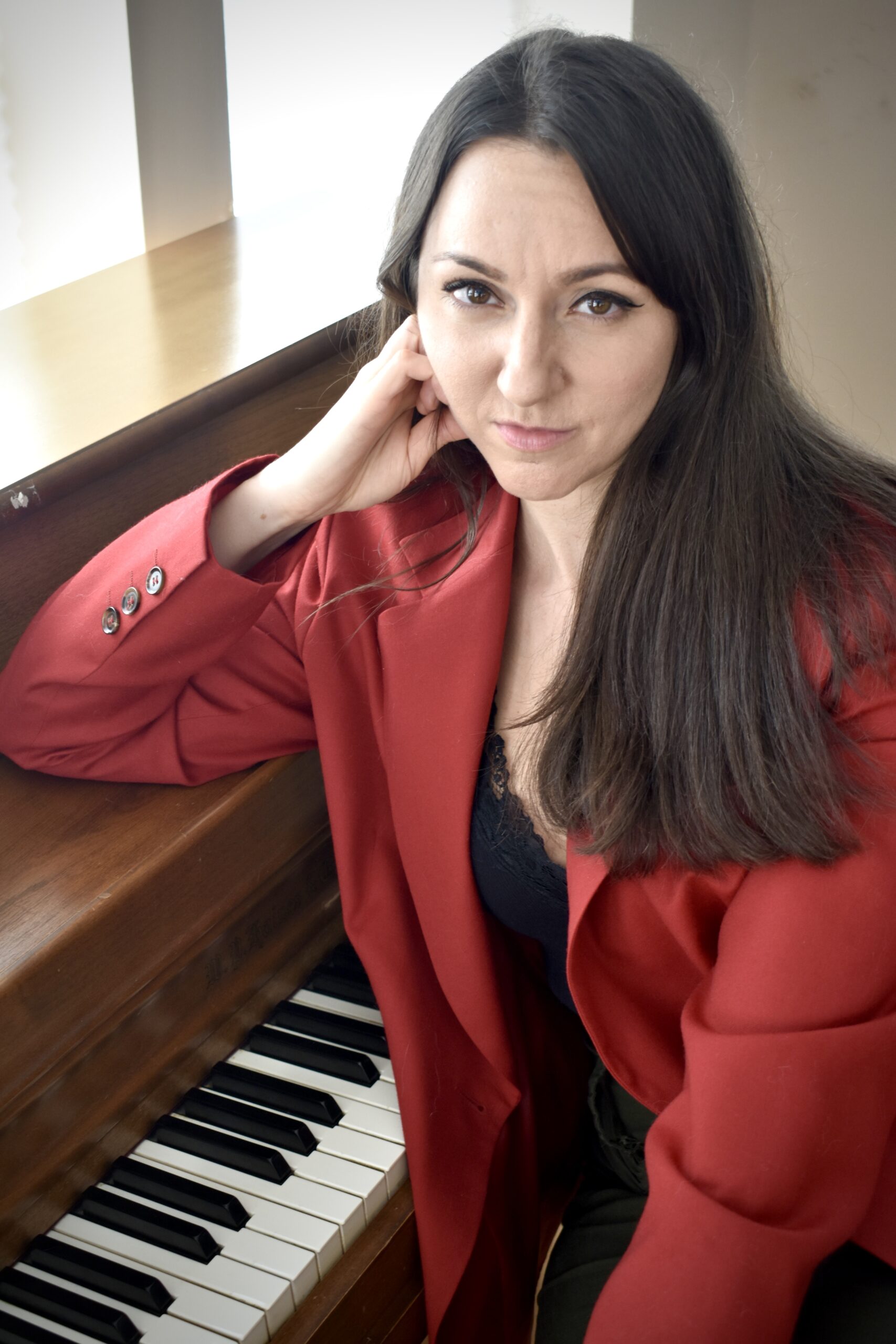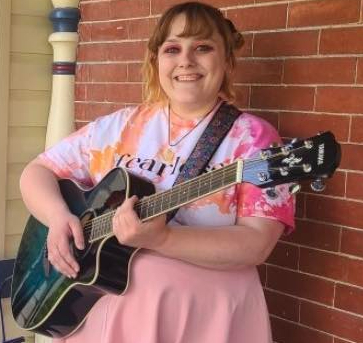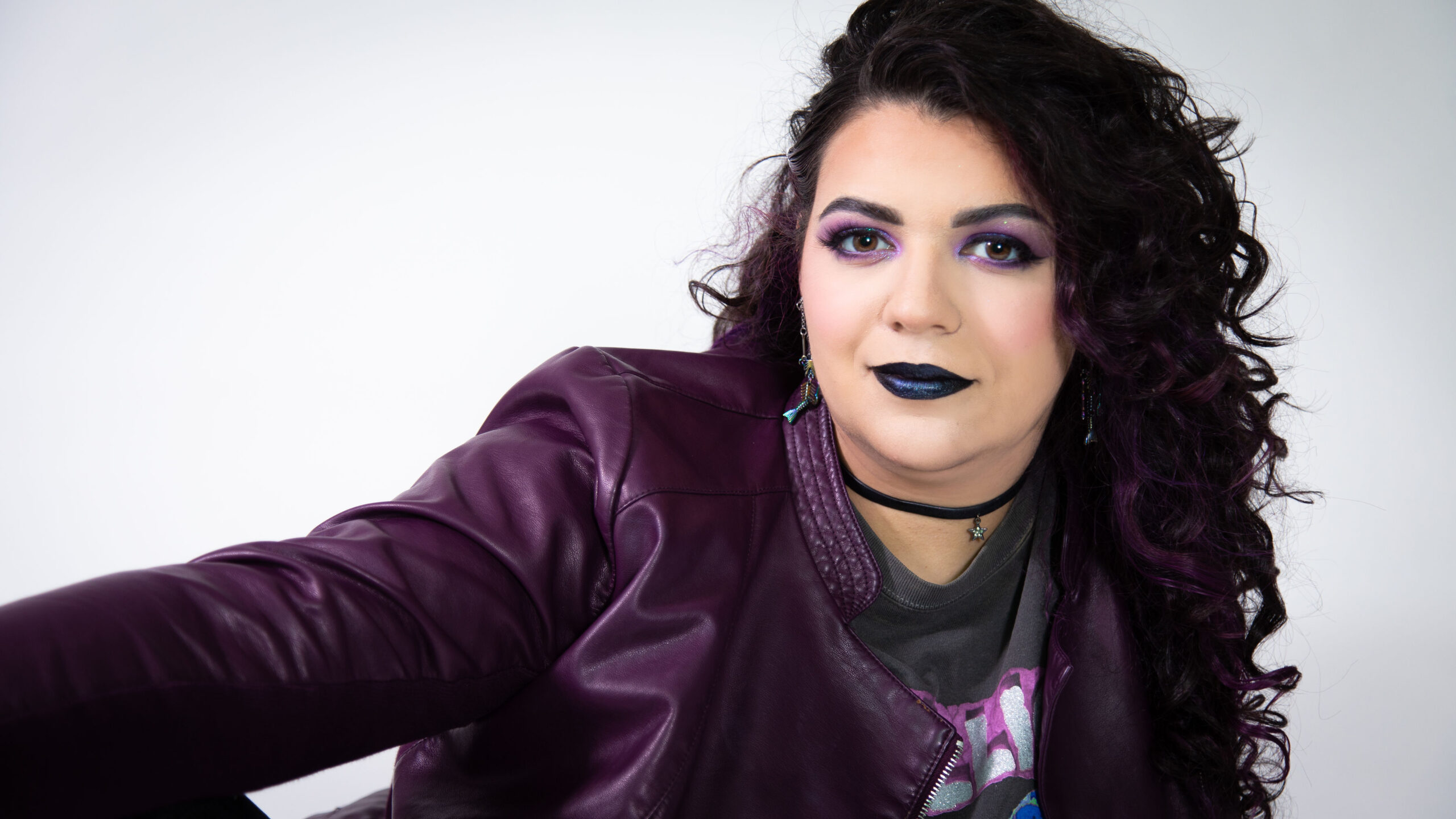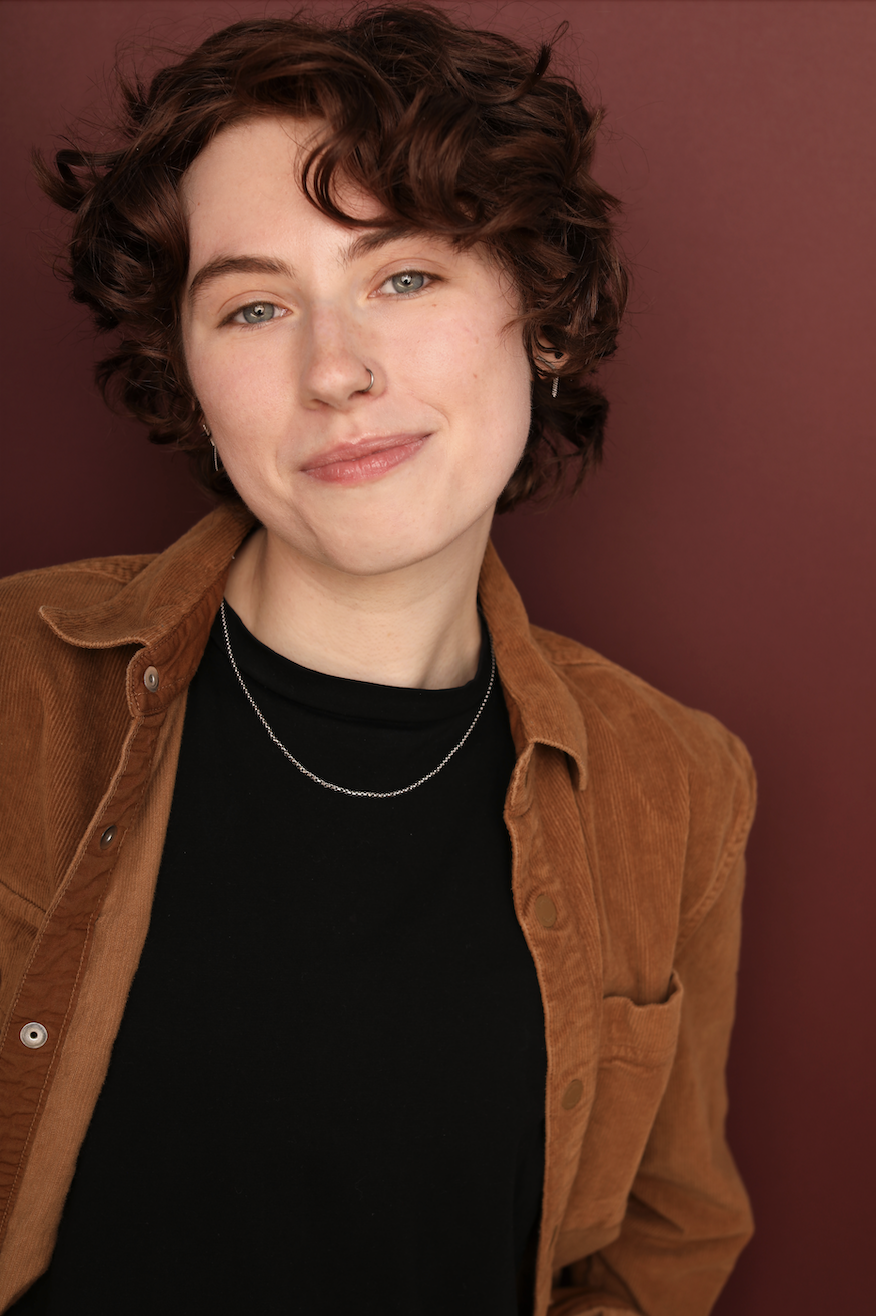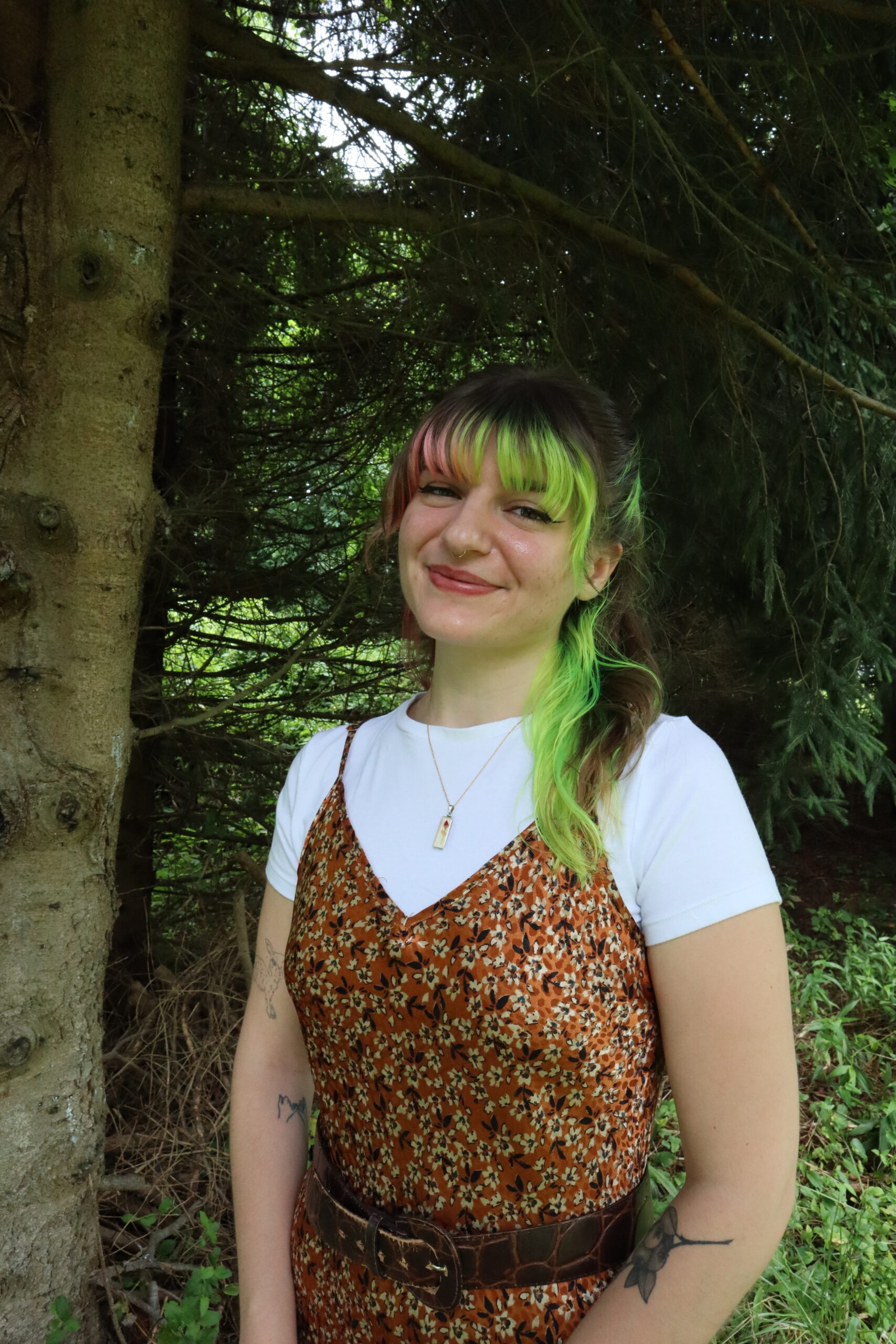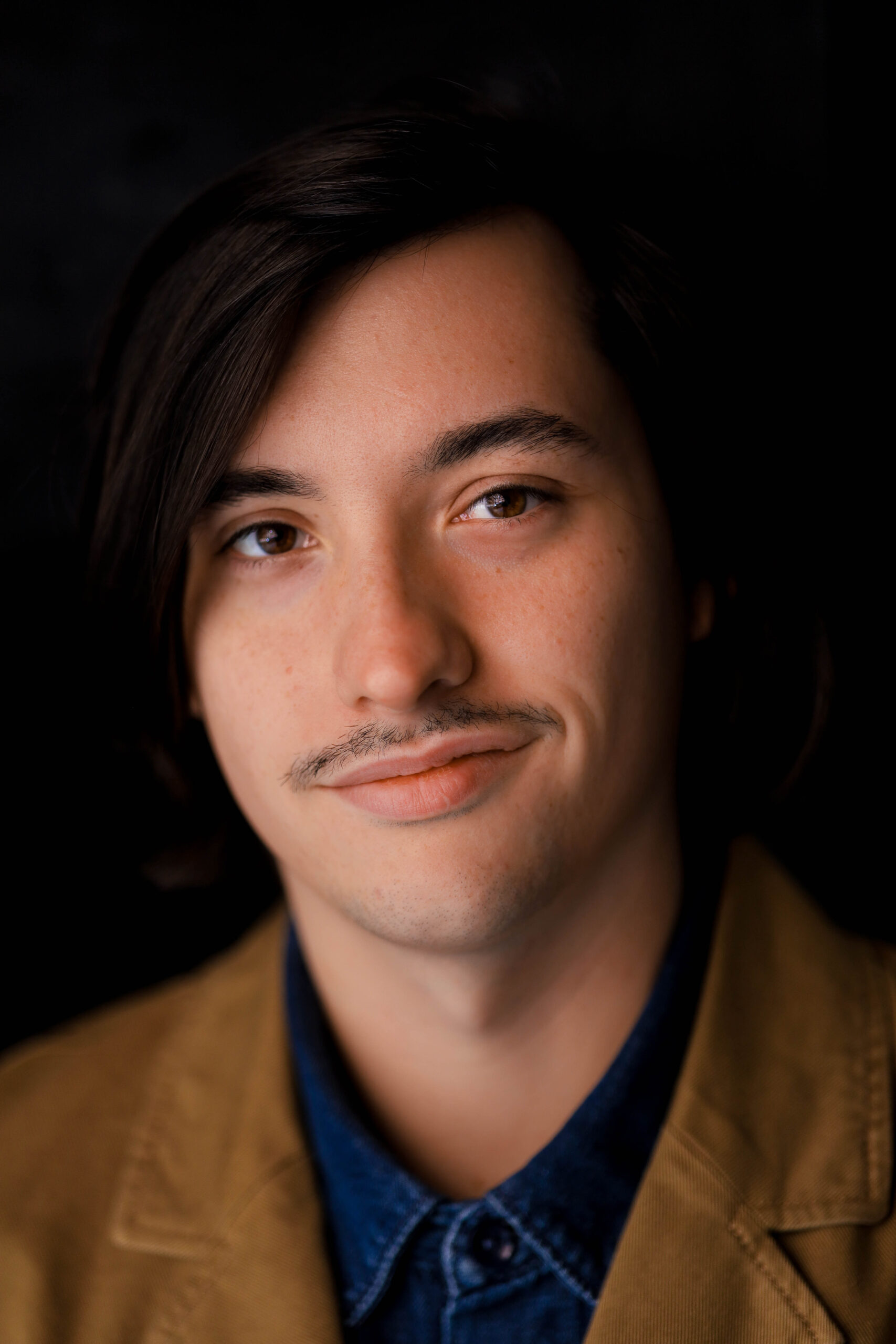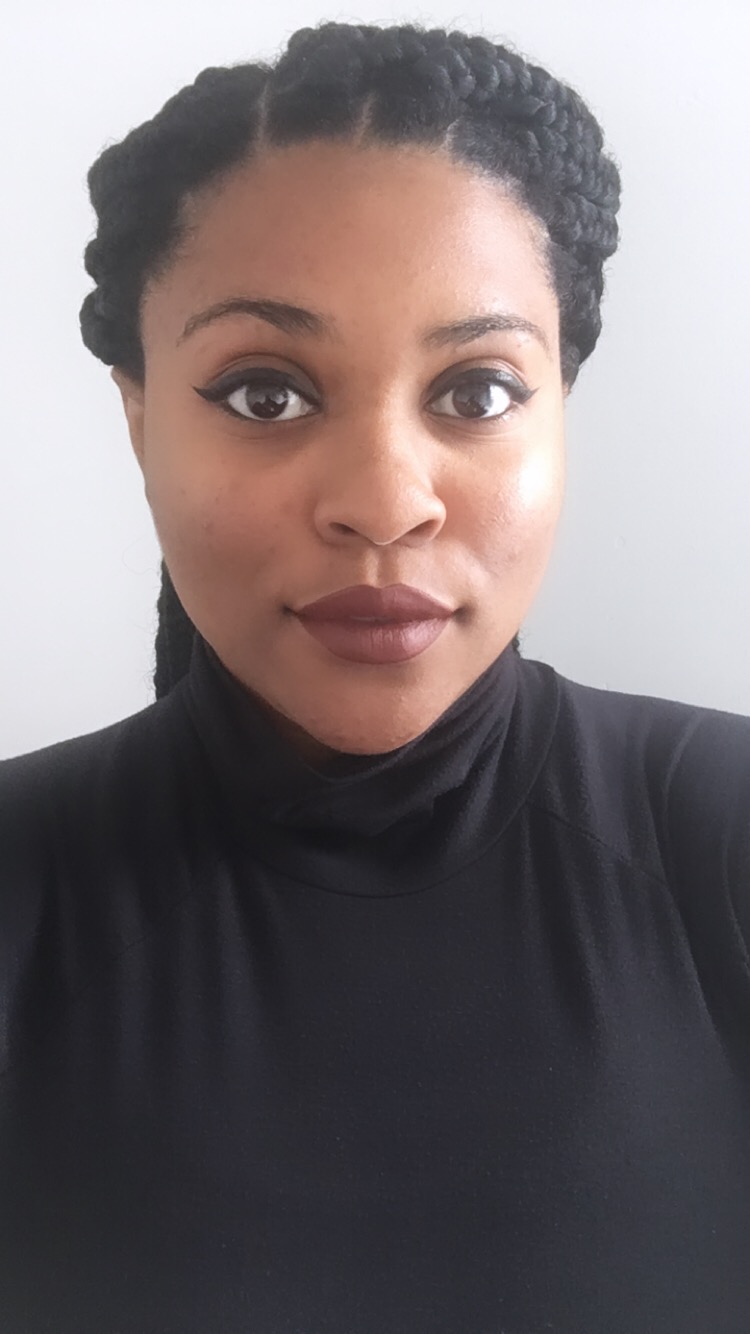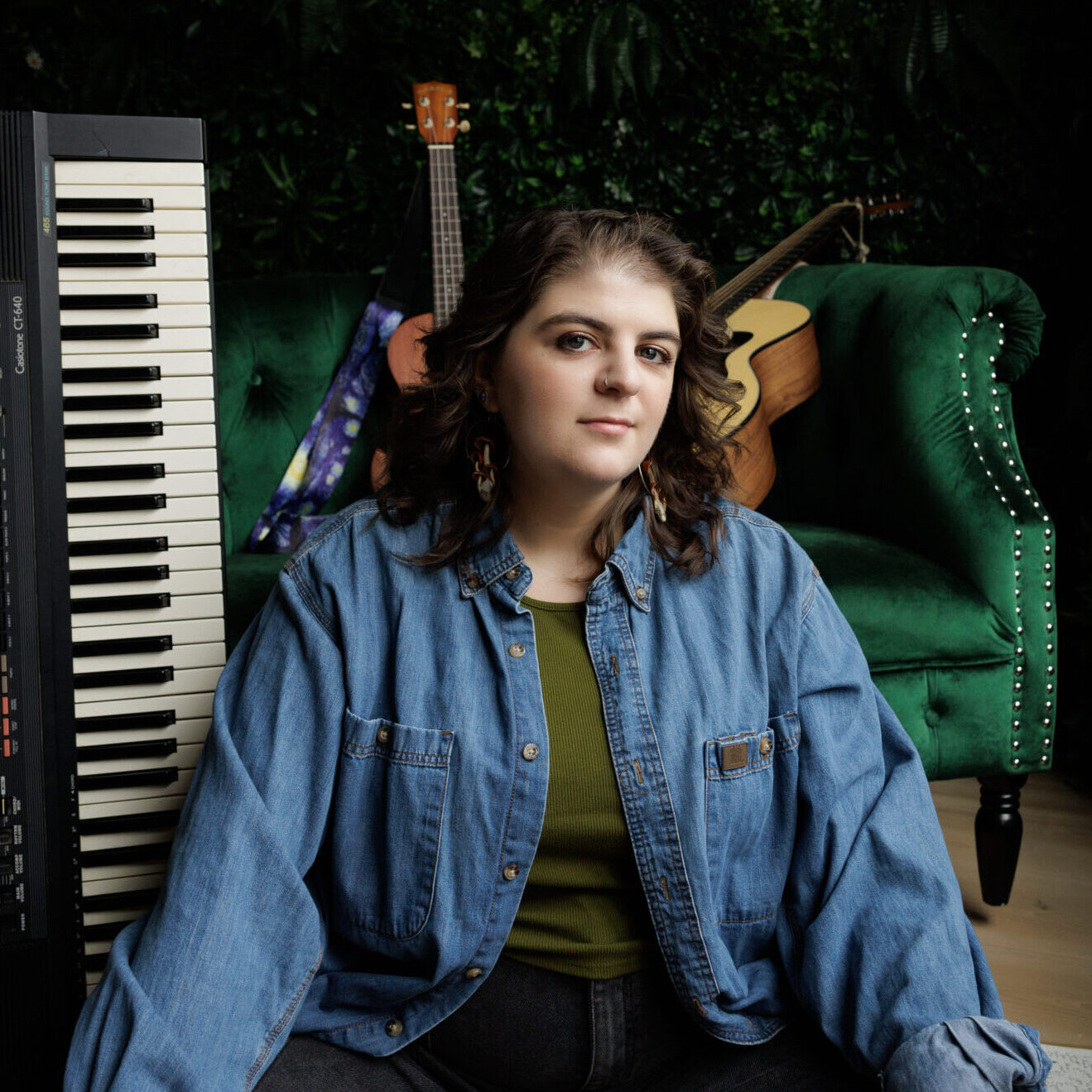Musical Theatre Studio
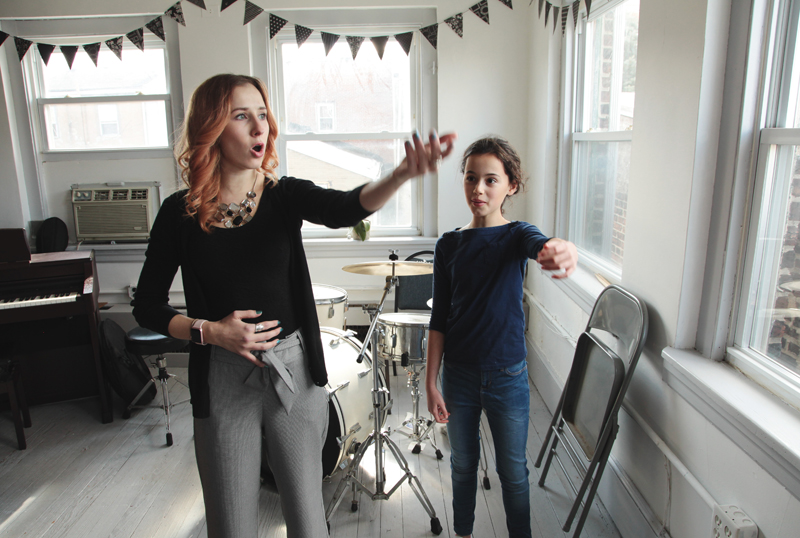
The mission of our musical theatre studio is to merge vocal study with acting technique and stage performance. Students will learn core fundamentals in singing, acting, and movement. They will learn about the history of musical theatre and study a variety of classical and contemporary repertoire.
 It is important that our students understand each component of theatrical performance on a theoretical and fundamental level as well as merge them together to create a purposeful and emotional performance. We respect each medium individually and as a whole by teaching techniques such as diaphragmatic breathing, voice and vowel placement, tone, inflection, diction, character study, impulse, imagination, and inner and outer movements. We also incorporate basic music theory and sight-reading as they best serve the artist to progress as a well-rounded, self-sufficient performer.
It is important that our students understand each component of theatrical performance on a theoretical and fundamental level as well as merge them together to create a purposeful and emotional performance. We respect each medium individually and as a whole by teaching techniques such as diaphragmatic breathing, voice and vowel placement, tone, inflection, diction, character study, impulse, imagination, and inner and outer movements. We also incorporate basic music theory and sight-reading as they best serve the artist to progress as a well-rounded, self-sufficient performer.
Why musical theatre?
Musical theatre can be used in many different fashions. It is directly translated to musicals, plays or on screen in movies and television. However, musical theatre skills also benefit other people in the arts such as contemporary and classical musicians, artists, dancers, costume designers, directors, writers, and set designers. In addition, musical theatre techniques can help those that work in other non-arts related fields such as anchors, reporters, newscasters, politicians, public-speakers, teachers, and people in business. Studying musical theatre boosts confidence, allows for creative expression, and encourages students to connect with their own thoughts and emotions as they create a character/performance that emulates their own personal experiences and use of imagination. We prepare students to be both dynamic solo performers and accompanying ensemble members.
For Beginning Students
Students who are new to musical theatre can expect to focus immediately on the techniques necessary to sing with good intonation, support, and vocal health. They will also learn to connect with their bodies and explore character study, script reading, and basic music theory. Exploring the basics of musical theatre will include:
- Breathing technique
- Chest, mix, and head voice
- Diction
- Major scales and arpeggios
- Reading sheet music: clefs, time signatures, key signatures, music notation
- Tongue twisters/articulation
- Script reading
- Character backstory
- Acting the song
- Reading cues
- Physical and emotional storytelling
By studying these concepts, students will learn how to sing in a healthy way, read music and scripts, and begin to create meaningful performances with an understanding of character and scene. We encourage individual expression, creativity, and lots of imagination. Learning theory and fundamental voice technique supports their musical ability just as movement and rhythm mixed with meditation and yoga supports their acting ability. Each component strengthens their appreciation for performance art and deepens the connection with their inner-self.
For Intermediate/Advanced Students

Students who have an understanding of basic techniques and theory will expand on their creativity and expression while fine-tuning more advanced skills such as
- Mix and chest belting
- Vowel placement
- Inflection and accent work
- Character dissection
- Stage vs. screen work
- Audition preparation
- Comedic timing
- Objective/obstacle//tactics
- Substitution
- Study of the stage/musical theatre history
Students who have already established basic vocal and acting technique will continue to expand their skills by exploring diverse pieces of repertoire from a variety of genres. Keeping in mind the student’s interests, instructors will search for a range of golden-age literature, American standards, contemporary theatre, and pop melodies. This process involves a deep understanding of theatre history, genres, and of the stage as a whole unit, including those that work off-stage. Students must respect all aspects of musical theatre including costume lighting, and set-designers, crew, writers, directors, musicians, dancers, and audio-engineers. The lessons are designed with a holistic approach to guide the student though each component of musical theatre as it is one medium of art; singing, acting and movement merged as one. The goal of the advanced student is to become a well-rounded, honest, passionate, open, hard-working, and creative performer rooted in not one genre of musical theatre but comfortable transitioning from classical broadway to modern or devised stage work. The advanced student will also explore relaxation and meditative techniques to let go of any stress or mental blocks that limit their artistic growth.
It is the responsibility of the instructor to guide the student through their creative process and technical development by providing meaningful, challenging, and appropriate repertoire, transformative exercises and warmups, realistic stage experience, enforce vocal, physical, and emotional health when performing, present new and abstract concepts, expand musical understanding, and help students practice and progress outside of the lesson. The instructor will also prepare students for the audition process with resume-writing experience, repertoire selection, creating audition cuts, how to prepare for directors, managers, accompanists, and casting agents, profile building, and how to handle nerves.
